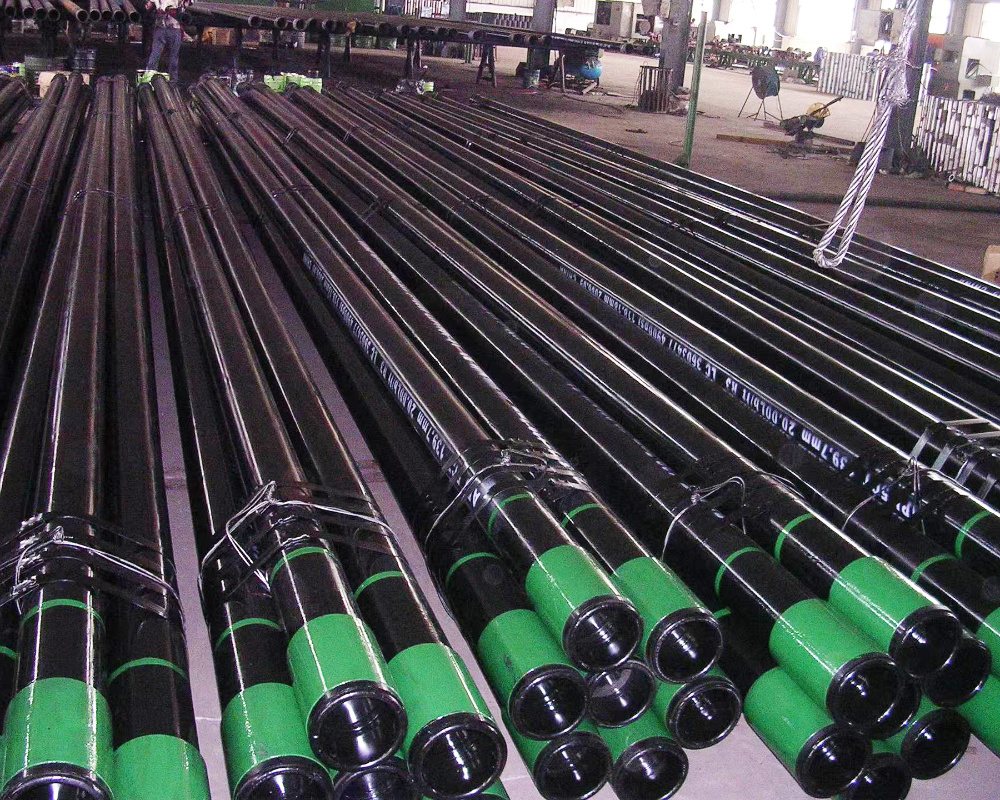Implementation Standards for Boiler Tubes
Boiler tubes are pipes used to manufacture boilers and heat exchangers. They are widely used in petrochemical, electric power, nuclear industry, boiler manufacturing and other fields. The following are commonly used boiler tube implementation standards at home and abroad:
1. ASTM standards
ASTM standards strive to allow engineers around the world to use the same terms and symbols, the same measurement system and the same experimental methods, and ensure the quality of the products. They are one of the most commonly used boiler tube standards in the world. Common ASTM standards include ASTM A106, A179, A192, etc. ASTM A192/A192M-17: American Society for Testing and Materials standard, applicable to boiler tubes with wall thickness equal to and exceeding 1/2 inch.
2. EN standards
EN standards are technical standards for boiler tubes formulated in Europe. Similar to ASTM standards, they also unify the design and selection standards of engineers around the world mainly through terms, symbols, measurement systems and experimental methods. Common EN standards include EN10216-2, EN10216-3, EN10216-4, etc.
3. GB standard
GB standard is a technical standard for boiler tubes formulated by China, mainly including several specific specifications such as GB/T3087, GB/T5310, GB/T6479, etc. Among them, GB/T3087 is applicable to seamless steel tubes for low and medium pressure boilers, GB/T5310 is applicable to high pressure, high temperature, corrosion-resistant boiler seamless steel tubes, and GB/T6479 is applicable to high pressure and high temperature seamless steel tubes in chemical equipment.
4. DIN standard
GB standard is a technical standard for boiler tubes formulated by Germany, among which DIN 17175-79 is applicable to boiler tubes under high temperature and high pressure.
In addition to the above-mentioned mainstream boiler tube standards, there are other standards such as JIS standards, but the application scenarios of these standards are relatively few.
Notes on boiler tube acceptance:
During the acceptance process of boiler tubes, the following matters need to be noted:
1. Before acceptance, the design, manufacturing, materials, etc. of the boiler tube should be fully reviewed to understand its use environment and working conditions for the subsequent acceptance;
2. For the manufacture of steel boiler pipes, visual inspection, size inspection, physical and chemical performance inspection, etc. are required;
3. Ultrasonic detection, size inspection, and geometric shape inspection are required for welds;
4. For pipe deformation, desoldering defects, etc. that occur during use, inspection and treatment are required to ensure the safe operation of boiler tubes;
5. The inspection process of boiler tubes should be guided and recorded by professionals, and corresponding countersignature work should be carried out to ensure the accuracy and reliability of the entire inspection work.
Quality control of boiler tubes produced by steel pipe manufacturers:
When steel pipe manufacturers produce boiler tubes, they need to strictly control the composition and macro-microstructure of the materials to ensure that the mechanical and physical properties of the steel tubes meet the standard requirements. At the same time, it is also necessary to inspect the size and surface quality to ensure that the steel tubes are accurate in size, have high surface finish, and have no internal and external surface defects and burrs.
In the production process of steel pipes, it is also necessary to control the heating pipe making time, heating temperature and cooling speed to ensure that the internal structure of the steel pipe is uniform and dense. In addition, anti-rust measures are required to ensure that the steel pipe is not oxidized and corroded during transportation and storage.
TAG:
Related Posts
Exploring the Applications of Seamless Black Steel Pipe in Architecture: A Comprehensive Guide










